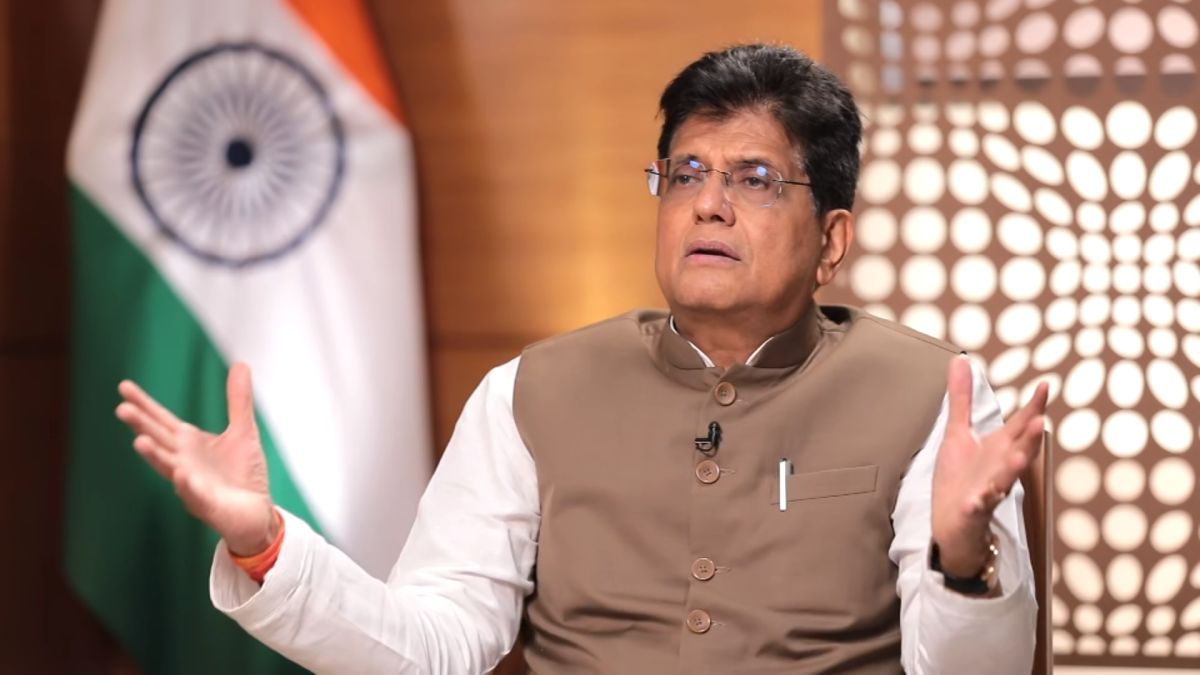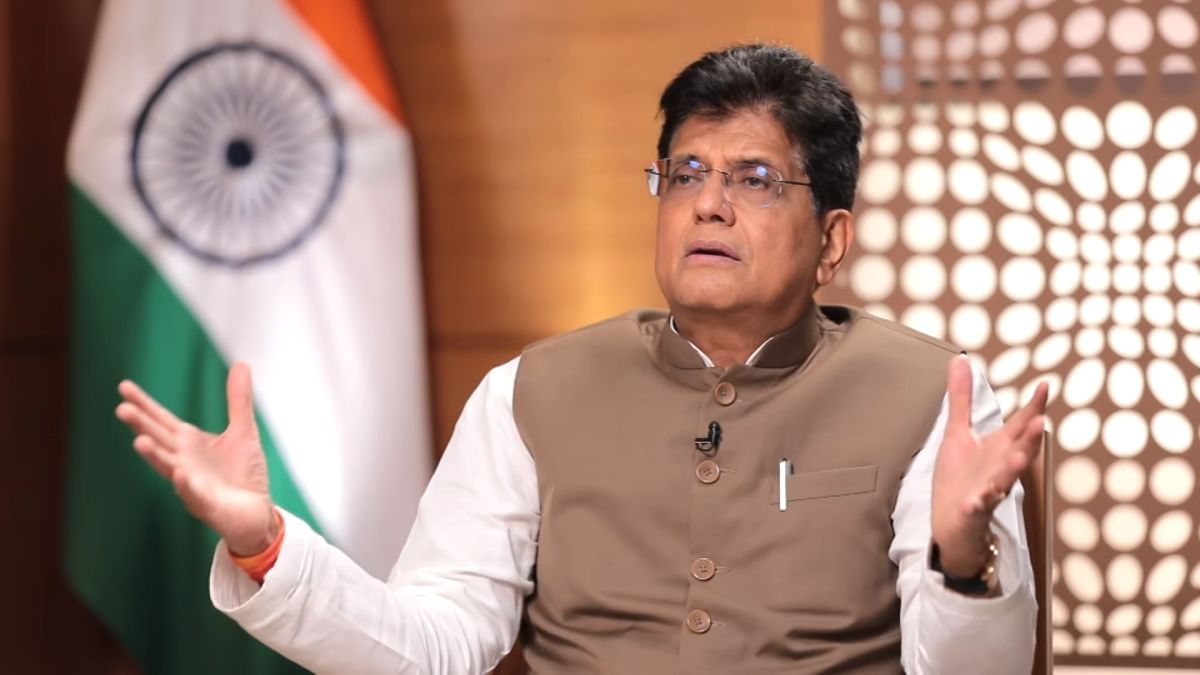Many of us have heard about the ‘pink tax’. This is the extra money women spend compared to men on products both genders use. But have you heard of the ‘period tax’? Now, a 25-year-old Pakistani woman has taken the country to court over it.
Mahnoor Omer has filed a case asking that sanitary pads for women be declared as essential goods and that the tax on them be removed in Pakistan. Many say this could be a landmark case when it comes to accessibility of female hygiene products within the country.
But who is Omer? Why has she filed this case?
Let’s take a closer look.
What we know about Omer
Omer, a lawyer and activist, grew up in Rawalpindi, which is around 16.5 kilometres from the country’s capital, Islamabad. She hails from a middle-class family with a businessman father and homemaker mother.
Omer first began getting involved in human rights issues as a teenager when she and her friends put together ‘dignity kits’ for low-income women in her neighbourhood. She has spoken about the struggles she faced as a young girl when it came to procuring and using sanitary pads.
“I used to hide my pad up my sleeve like I was taking narcotics to the bathroom,” Omer told Al Jazeera. “If someone talked about it, teachers would put you down.” She said a classmate once told her that her mother thought pads were “a waste of money.”
“That’s when it hit me,” she added. “If middle-class families think this way, imagine how out of reach these products are for others.”
Sanitary pads in Pakistan
Now, let’s take a look at sanitary pads in Pakistan. A pack of brand-name sanitary pads in Pakistan costs about $1.60 (Rs 134). While this may not seem like much, it is important to note that the country’s per capita income is around $120 (Rs 10,080) per month. For some, t his is approximately the cost of one meal for a low-income family of four – not an inconsequential sum.
In fact, a 2023 study in Frontiers in Public Health shows that more than half of Pakistani women are unable to afford these products. The taxation structure is making things worse. Sanitary pads manufactured in Pakistan currently face an 18 per cent tax under the Sales Tax Act of 1990. Imported ones face an additional tax of 25 per cent. Meanwhile, superabsorbent polymer (SAP) paper, a key ingredient in sanitary pads, is taxed at 25 per cent.
According to Unicef Pakistan, these pads are essentially taxed at a 40 per cent rate. Data from Unicef and the non-profit WaterAid show that just 12 per cent of Pakistani women use this hygiene product.
The cost is compounded by the attitude of many throughout the country, who continue to see the entire subject of menstruation as a taboo. This has real-world implications. Experts say that girls in rural areas either miss school or drop out entirely as a result of lack of access to sanitary pads and other hygiene facilities. Women in low-income or rural areas are also affected by this when it comes to their work and well-being. Substitutes for sanitary pads often leave them with long-term health issues.
What do we know about the suit?
Omer and lawyer Ahsan Jahangir Khan filed a public interest litigation before the Islamabad High Court in September.
The suit, entitled Mahnoor Omer versus the Federation of Pakistan, has named the National Commission on the Status of Women (NCSW), the National Commission of Human Rights (NCHR), the Ministry of Finance and the Federal Board of Revenue as respondents. Omer, in the suit, said that this has been filed on the grounds of public health, for which the respondents have demonstrated an “utter disregard.”
Omer has argued in the petition that this ‘period tax’ disproportionately affects women and girls as a result of their gender and biology – a fact over which they have no control. The petition has argued that this level of taxation treats what is a necessity for millions of women as a luxury good – which makes no sense and reinforces gender inequality.
Omer has said this essentially discriminates against women and deprives them of their rights to equality and dignity guaranteed under the Pakistani Constitution.
“By taxing sanitary products, the state is penalising women for a natural biological function,” Khan argued before Justice Jawad Hassan in September. The petition pointed to similar efforts undertaken in the United Kingdom, India, Nepal, Australia, and Bangladesh, among other nations.
Omer said her parents were nervous about her filing the case at first.
“They said it’s never a good idea to take on the state,” Omer told Al Jazeera. However, that has since changed. “They understand why this matters,” she added. “When I think of this case, the picture that comes to mind… It’s not a courtroom, it’s a feeling of justice. It makes me feel a sense of pride to be able to do this and take this step without fear.”
With inputs from agencies


)

)
)
)
)
)
)
)
)



